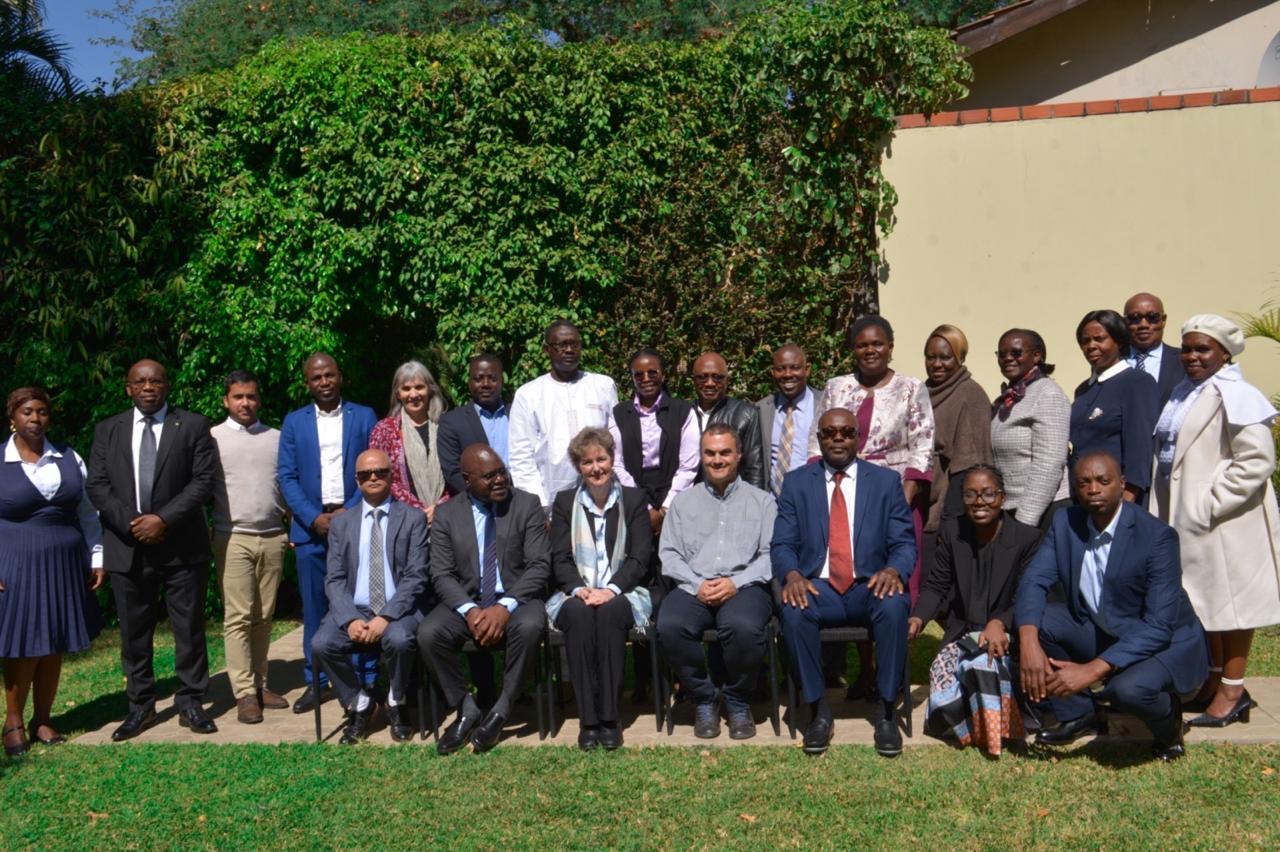Harmonizing Learning Assessments to Close Africa’s Learning Data Gaps
Share
04/08/2025
Harmonizing Learning Assessments to Close Africa’s Learning Data Gaps
According to data from the UNESCO Institute for Statistics (UIS), 3 in 4 children in Africa complete primary school. However, in countries where data is available, less than 2 in 10 children reach minimum proficiency in reading and mathematics, as defined by Sustainable Development Goal (SDG) Indicator 4.1.1.
In response to this urgent need for more reliable and comparable learning data across the continent, the African Union Commission, at its Extraordinary Session of the Specialized Technical Committee on Education, Science, and Technology (STC-EST 4) in October 2023, endorsed a ministerial call to action. Led by Zambia and supported by The Gambia, Kenya, Rwanda, and Senegal, this call emphasized the importance of closing the learning data gap in Africa. Ministers requested that the AU Commission provide guidance on defining and implementing proficiency standards to monitor foundational learning outcomes using learning assessments.
Last week, from 29 to 31 July 2025, UIS partnered with the African Union (AU), the Association for Educational Assessment in Africa (AEAA), the Global Education Monitoring (GEM) Report, and the Association for the Development of Education in Africa (ADEA) to validate a new continental framework—the Continental Assessment Framework for Africa (CAF-Africa). This framework serves as both a policy and technical tool aimed at improving and harmonizing learning assessments across African nations. It addresses the urgent need for robust and comparable data on learning outcomes, particularly in foundational learning.

Photo Credits: African Union
As the custodian agency for SDG 4 data, the UNESCO Institute for Statistics (UIS) brings three key contributions to this partnership:
The validation workshop also laid the groundwork for two upcoming high-level milestones: the official launch of the Framework at the AEAA Annual Conference in August 2025, and a ministerial-level presentation at the ADEA Triennale in Ghana in October 2025.